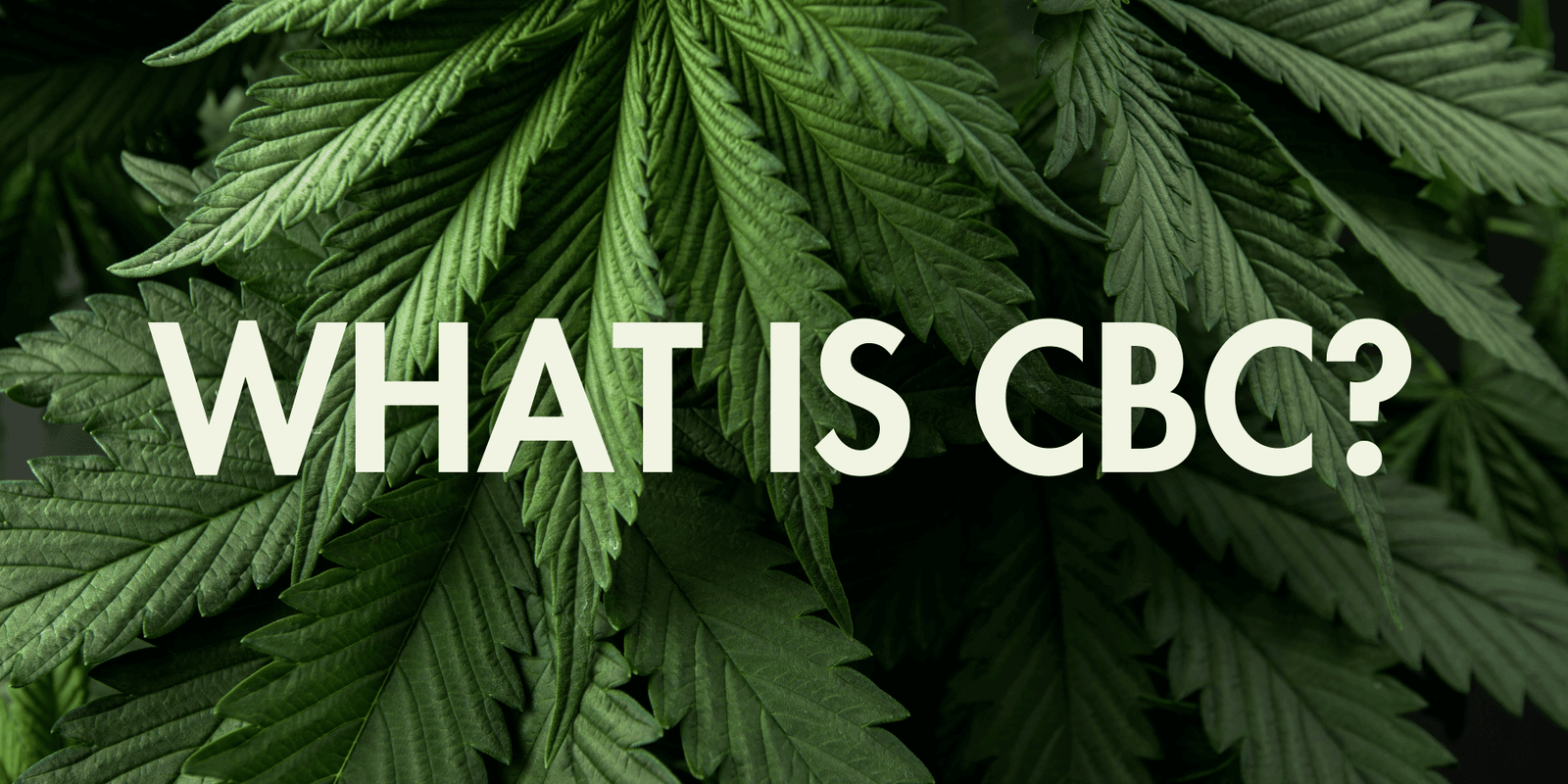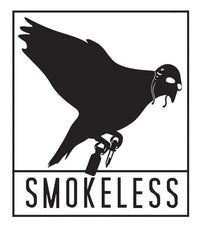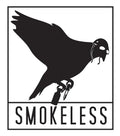What Is CBC? Exploring the Unsung Cannabinoid in Cannabis

If you’ve been exploring the world of cannabinoids, you’ve probably heard of THC, CBD, maybe even CBG or CBN. But have you met CBC, cannabichromene, yet? It’s one of cannabis’s quieter compounds, but early science suggests it might bring its own set of benefits worth knowing about.
CBC 101: What Is It?
Cannabichromene (CBC) is a non-intoxicating cannabinoid found in hemp and cannabis. It tends to appear in moderate amounts, not as abundant as CBD, but enough that it’s increasingly being studied and incorporated into products.
Unlike CBN (which is often formed from the breakdown of THC over time), CBC is produced in the plant’s biosynthesis similar to CBD and CBG. You could think of it as one of the “original siblings” in the cannabinoid family tree.
How CBC Interacts With the Body
CBC doesn’t strongly bind to CB₁ receptors (so it doesn’t get you high), but it interacts with other receptor systems:
-
TRP channels (involved in pain and inflammation)
-
Endocannabinoid reuptake mechanisms (may help support how your body naturally uses cannabinoids)
-
Possibly with CB₂ or other immune or anti-inflammatory pathways
Because of this, CBC is being explored for anti-inflammatory, analgesic, and neuroprotective potential.
What Research Suggests (So Far)
Here are some intriguing findings, always with the caveat that human trials are still limited:
-
Pain & Inflammation: CBC has shown promise in lab and animal models to help reduce inflammation and pain, especially when combined with other cannabinoids and terpenes.
-
Mood & Brain Health: There’s emerging data that CBC might support neurogenesis (growth of new neurons) and potentially influence mood regulation.
-
Acne & Skin Health: Some studies suggest CBC may reduce oil production in skin cells and act as an anti-inflammatory, so it’s being eyed more and more for skincare formulas.
-
Synergy with other cannabinoids: CBC often shows stronger effects when part of a full-spectrum or broad-spectrum blend, benefiting from the entourage effect.
How CBC Compares: CBD, CBN, CBC — What Makes CBC Unique?
|
Feature |
CBC |
CBD |
CBN |
|---|---|---|---|
|
Psychoactive? |
No |
No |
Very minimal / rare |
|
Typical Use Case |
Inflammation, mood, skin, pain |
General wellness, anxiety, anti-inflammatory |
Sleep, calm, recovery |
|
Interaction Style |
TRP channels, reuptake, CB₂, others |
Broad receptor modulation |
Sedative-leaning pathways |
|
Partner Pairings |
Great in blends (e.g. CBC + CBD + THC) |
Works well with many cannabinoids |
Often paired with CBD or indica THC for sleep |
What to Watch Out For
-
Because CBC is less common, dosage guidelines are still evolving — start low.
-
If a product claims miraculous effects, that’s a red flag (same for all cannabinoids).
-
Check for solvents, pesticides, or heavy metals in lab tests.
-
Don’t use CBC as a replacement for medical treatments without consulting a healthcare provider.
Understanding Its Place in the Spectrum
CBC might not have the same spotlight as CBD or THC, yet, but it’s quietly gaining traction thanks to its potential in inflammation, mood support, skin health, and synergistic blends. Think of it as a “supporting actor” in your cannabinoid lineup: not always the lead, but often crucial for balance, depth, and effect.
Products Available on ShopSmokeless with CBC:
Wyld Peach CBD + CBC Gummies

Wyld Sparkling THC Waters - Strawberry Guava







Leave a comment